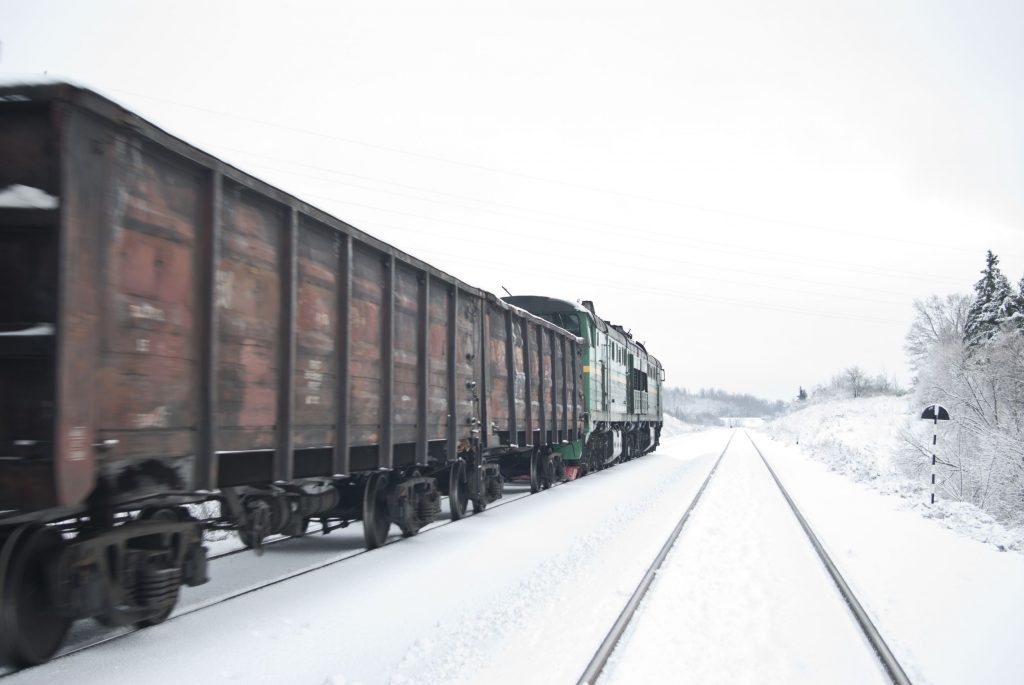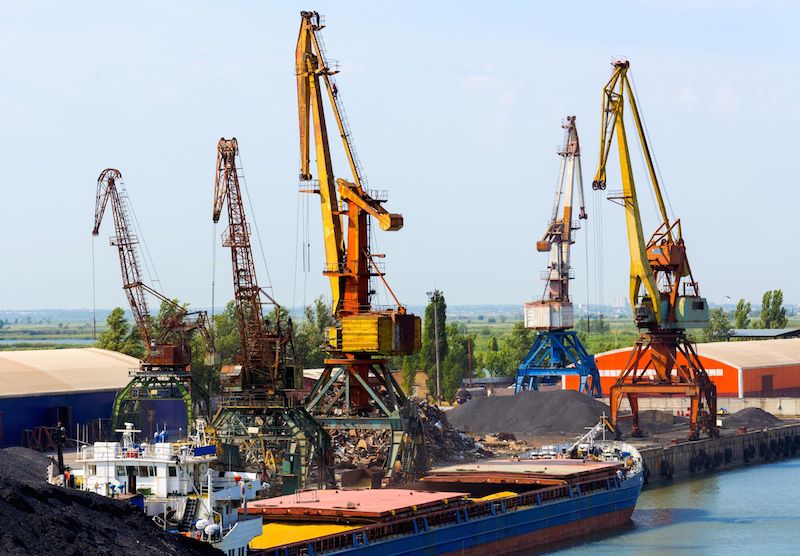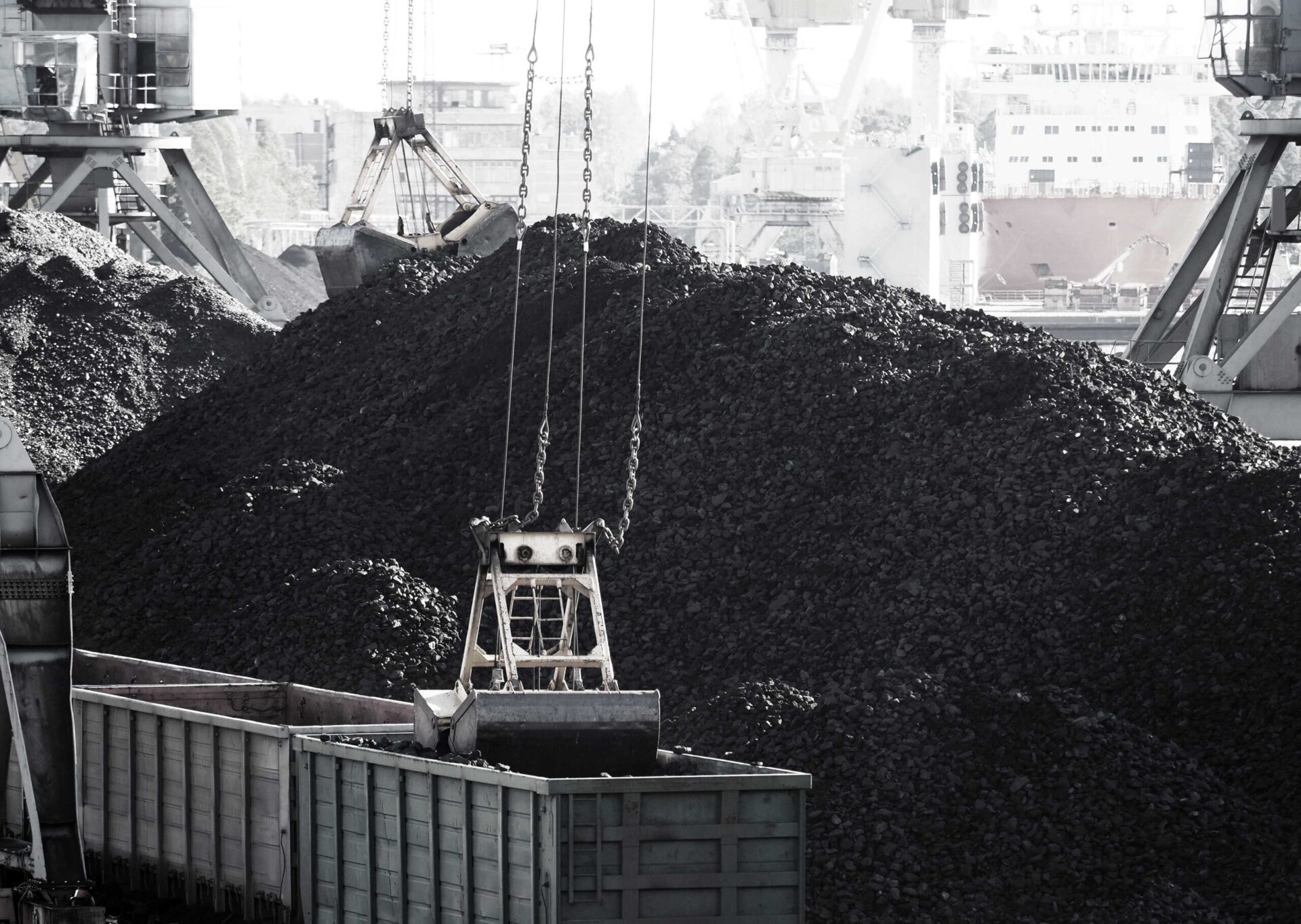
Logistical issues with Russian coal deliveries to seaports are gaining momentum on all export routes, resulting in a shortage of material on the market that may cause an even greater deficit in the coming months. The supply disruptions are particularly acute at ports in the Baltic and the Far East.
In the North-West direction, repairs are underway on Oktyabrskaya railway, that, combined with snowfalls, led to congestion on the railway and a large number of abandoned trains. In January-November 2021, rail shipments to Rosterminalugol (RTU), the largest coal terminal on the
Baltic Sea, decreased by 1.9 mio t to 22.2 mio t (y-o-y, according to adjusted data). RTU’s coal stocks for the first time fell to a historic low of 25 thousand t, while the simultaneous storage capacity of the
terminal amounts to 633 thousand t (see CAA Russian Coal Weekly dated December 10, 2021).
Daily temperatures in the region dropped to -200C, increasing difficulties with unloading railcars with frozen coal at ports and forcing Russian Railways (RZD) to impose railway bans on coal deliveries
to certain terminals. Starting from December, ice restrictions are expected to be introduced on the Baltic Sea, that will cause additional delays in Russian coal supplies to international markets.
Amid current problems, it is expected that a number of Baltic terminals will be reoriented to other types of cargoes. Coal shipments to the port of Vysotsk from January to November 2021 decreased by 2.1 mio t to 3.8 mio t as compared to January-November 2020. In addition to logistical issued, the port began to transship grain at two of the four terminal berths, planning to gradually reduce coal exports. Yug-2, the second largest coal terminal in the port of Ust-Luga, may suspend coal handling in 2022, due to the plans of gas companies to build on its territory a gas processing plant with a capacity of 13 mio t of LNG per year (see CAA Russian Coal Weekly of August 27, 2021). Yug-2 coal handling in 2021
is forecasted to amount to 11 mio t.
In the Far East direction, due to heavy snowfalls, congestions and a large number of abandoned trains, RZD periodically introduces railway bans for shipment to such ports as the port of Vanino (Vanino Commercial Sea Port, Daltransugol, VaninoTransUgol), the port of Vostochny (Vostochno-Uralsky Terminal, Maly Port), Vladivostok and the port of Vera. The largest coal terminal in Russia, JSC Vostochny Port, reduced coal handling for exports by 1.4 mio t to 24.1 mio t in 11 months of 2021 following the issues with rail deliveries.
It appears that the situation with Russian coal exports will further deteriorate, taking into account coming frosts and snowfalls in December-January, problems with coal unloading at ports and logistical issues.
Source: CAA Analysis



